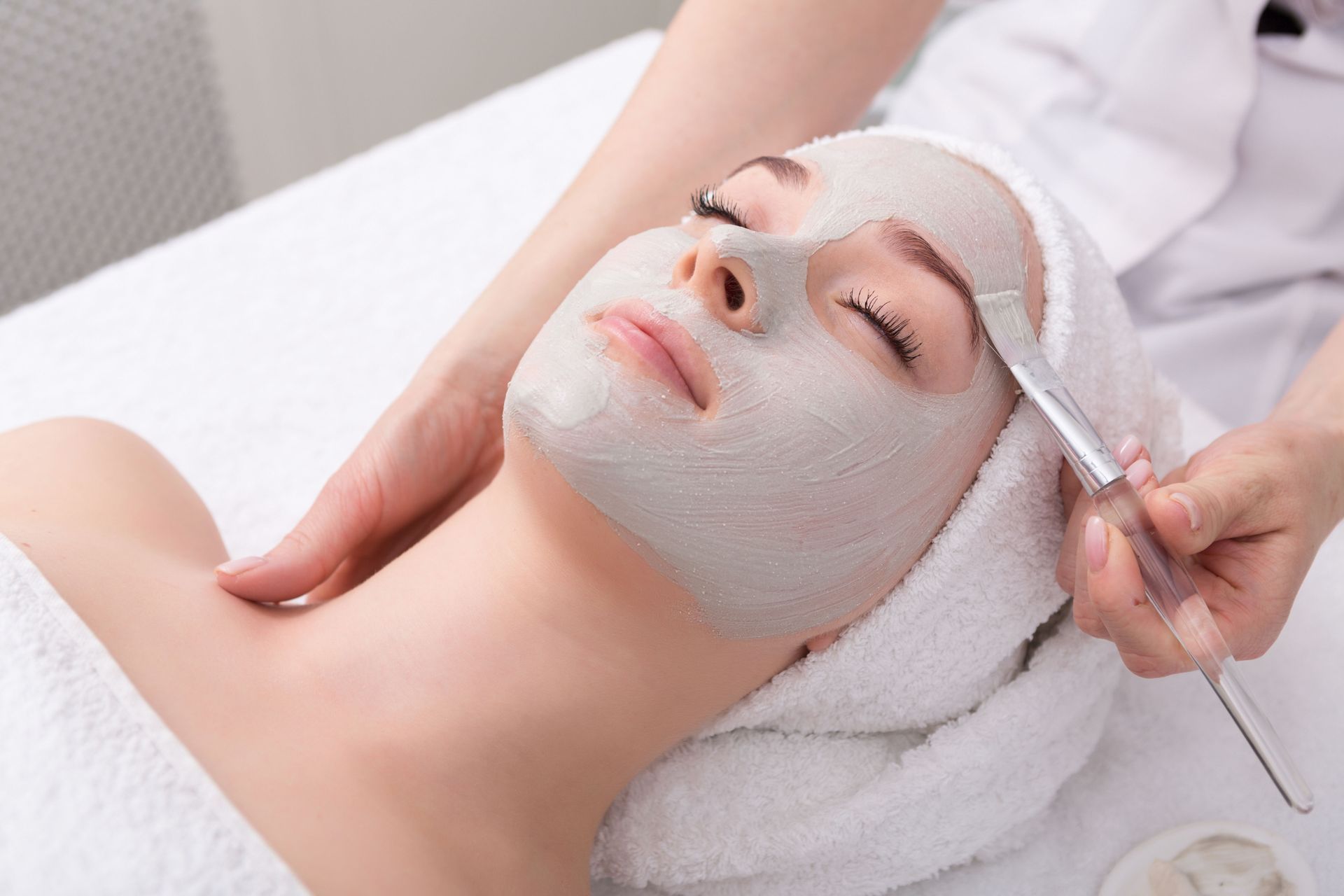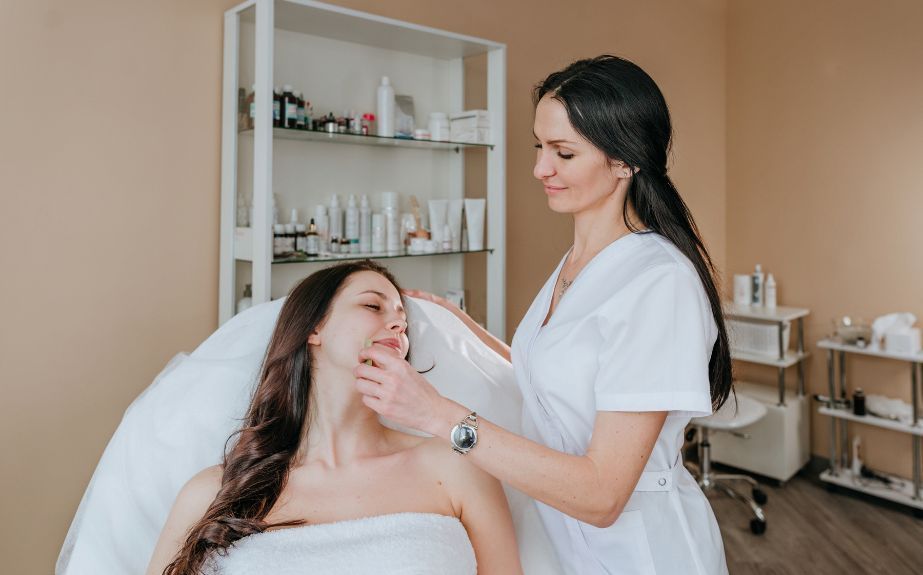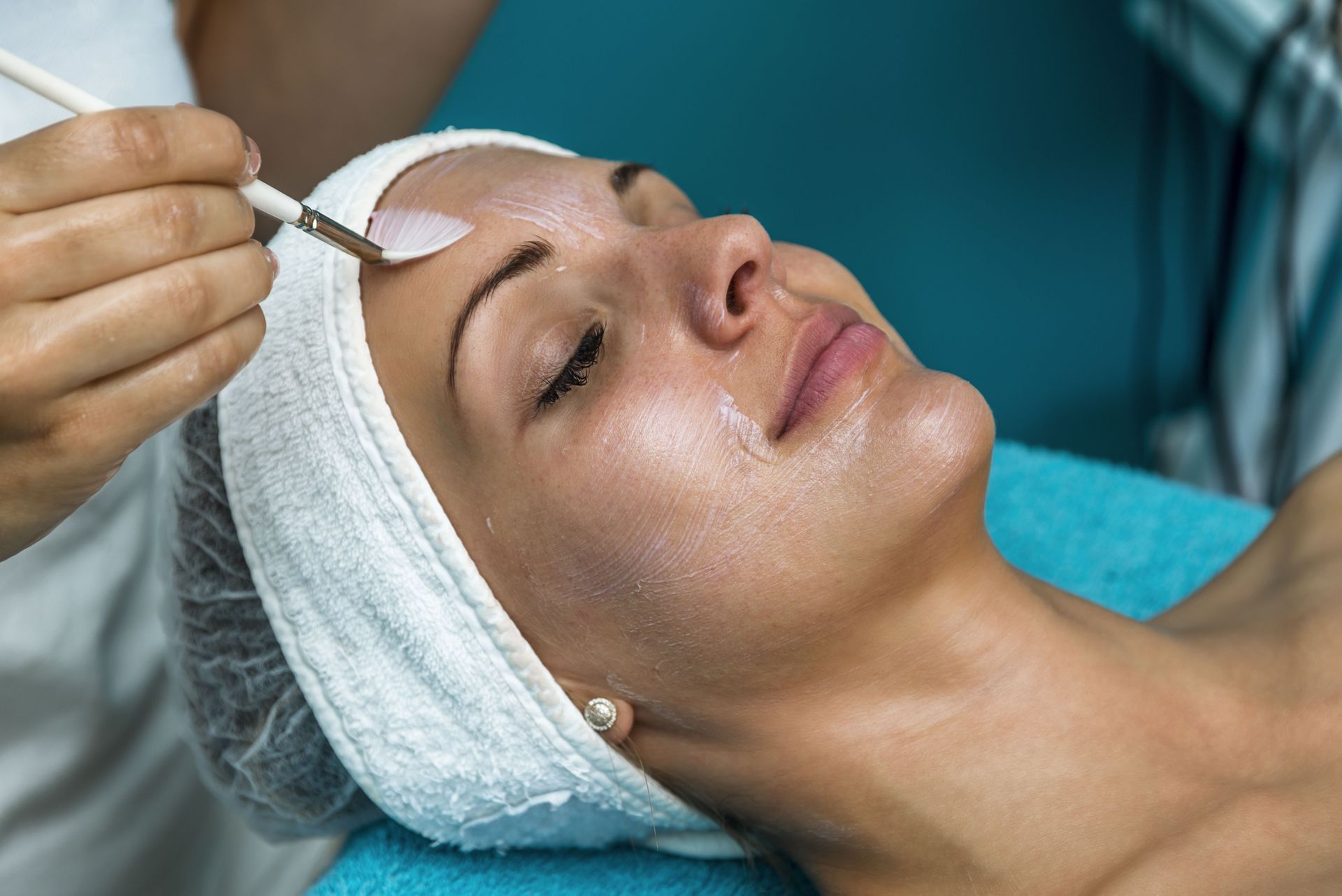How Cosmetology Schools Help You Master These 5 Skills
Cosmetology is more than just styling hair or applying makeup: it’s an art, a science, and a career that requires a combination of technical skill, creativity, and business knowledge. Whether you’re dreaming of becoming a hairstylist, barber, makeup artist, nail technician, or spa specialist, mastering essential skills in cosmetology can set you apart in a competitive industry. A strong foundation is key to building confidence, developing expertise, and delivering professional services that keep clients coming back. It also opens doors to a variety of career paths and opportunities for growth within the beauty industry. Cosmetology programs teach adaptability, helping students stay current with trends and evolving client needs.
Cosmetology schools play a crucial role in this journey. By combining structured training with hands-on practice, these programs provide aspiring beauty professionals with the tools and knowledge necessary to succeed. Students gain exposure to real-world scenarios, learn industry-standard techniques, and develop the skills needed to thrive in salons, barber shops, spas, and other beauty environments. Explore five key skills that cosmetology programs help you master and learn how formal training can make a difference in your professional journey.
1. Hair Cutting and Styling Skills
One of the primary skills students develop in cosmetology programs is proficiency in hair cutting and styling, including barbering techniques. Barbering is a specialized area within the beauty industry, focusing on precision haircuts, fades, shaves, and grooming for men and boys. Cosmetology schools teach students how to master clippers, scissors, and straight razors to achieve professional barbering results, along with proper sanitation, blade maintenance, and safety procedures.
Styling in barbering goes beyond cutting—it includes beard shaping, mustache grooming, and creating classic or modern haircuts tailored to clients’ preferences. Students practice techniques for different hair textures and styles, from fades and tapers to line-ups and texturizing. Programs also expose students to emerging barber trends while reinforcing foundational skills, helping them stand out in a competitive field.
Hands-on practice under professional guidance is essential. Students receive feedback on their techniques, refine precision, and learn industry standards. Over time, repetition builds confidence and accuracy, preparing students to adapt styles to different face shapes, hair types, and client requests. This skill set is vital for building a loyal clientele and establishing a reputation for creativity, professionalism, and expertise in barbering.
2. Skincare and Makeup Skills
Cosmetology is not limited to hair: it also involves understanding the science of skin and mastering makeup artistry. Skincare and makeup application are critical skills that aspiring cosmetologists should develop to offer clients comprehensive beauty services. Cosmetology schools provide instruction on facial anatomy, skin types, and common skin conditions, enabling students to recommend appropriate treatments and products.
In addition to theory, students gain practical experience in applying makeup for various occasions, including everyday looks, weddings, and theatrical performances. Techniques such as contouring, highlighting, and color correction allow aspiring cosmetologists to enhance a client’s features and boost their confidence. Programs also emphasize hygiene, sanitation, and client safety when working with cosmetics.
By understanding the relationship between skin health and beauty services, students can provide personalized and professional advice. They also learn to select products based on skin tone, texture, and client preferences, ensuring a tailored approach. Combining knowledge and hands-on practice prepares students to become skilled, versatile beauty professionals ready to meet diverse client needs.
3. Nail Care and Artistry Skills
Nail care has become an integral part of the beauty industry, offering opportunities for creative expression and client satisfaction. Cosmetology schools teach students the fundamentals of nail care, including manicures, pedicures, nail shaping, and cuticle maintenance. Beyond basic techniques, students explore advanced nail artistry, such as gel and acrylic applications, nail extensions, and decorative designs.
Students also learn to assess nail health, recommend proper treatments, and apply products safely for lasting results. Training emphasizes hygiene, sanitation, and client comfort, ensuring that every service meets professional standards. Practical experience allows students to experiment with trending styles and intricate designs, preparing them to deliver high-quality, personalized nail services in real-world salon settings.
Hands-on practice in nail care helps students develop precision, confidence, and efficiency. By combining technical skill with creativity, graduates are equipped to provide professional nail services that satisfy clients and enhance their overall salon experience.
4. Massage Therapy Skills
Massage therapy is a specialized area within cosmetology that requires a strong understanding of the human body, diverse techniques, and client safety. Cosmetology programs that include massage therapy teach students the fundamentals of anatomy and physiology, helping them understand muscles, joints, and the circulatory system to provide safe and effective treatments.
Students typically learn a variety of massage modalities, such as Swedish, deep tissue, sports, and hot stone massage, enabling them to adapt their approach to different client needs and preferences. Advanced massage techniques, including trigger point therapy, myofascial release, and stretching methods, allow students to address specific client concerns and enhance overall wellness.
Critical safety procedures are emphasized throughout training, including proper body mechanics, hygiene, contraindications, and emergency protocols. Students also gain foundational business skills, such as maintaining client records, understanding licensing requirements, and managing appointments, which are essential for operating a professional massage therapy practice. By mastering these skills, students are prepared to deliver safe, effective, and professional massage services that meet industry standards.
5. Professional Development Skills
In addition to technical expertise, cosmetology programs emphasize professional development, including communication, customer service, and career growth strategies. According to Research.com, cosmetology programs typically blend academic coursework with 1,000 to 2,100 hours of hands-on experience. This extensive practice allows students to apply soft skills in real-world scenarios, refine their techniques, and gain confidence in client interactions.
Programs teach effective client communication, problem-solving, conflict resolution, and professional etiquette. Students also learn strategies for networking, portfolio building, personal branding, and ongoing education. These skills are critical for fostering client loyalty, building a positive reputation, and navigating career advancement opportunities. Programs often include mock client consultations and professional workshops to give students additional practice in real-life scenarios.
Combining practical experience with guidance on professional growth enables cosmetology schools to prepare students to excel in any area of the beauty industry. Whether working in salons, barber shops, spas, or managing freelance services, mastering communication, customer service, and professional development ensures long-term success, adaptability, and confidence in a competitive field.
Cosmetology schools offer far more than just a classroom education: they provide a comprehensive pathway to mastering essential skills needed for a successful career in the beauty industry. From barbering and hairstyling to skincare, nail artistry, massage therapy, and professional development, these programs equip students with the knowledge, hands-on experience, and professional mindset required to thrive.
By enrolling in a cosmetology program, aspiring beauty professionals gain access to expert instruction, practical experience, and a supportive environment that fosters creativity and skill development. Cosmetology programs help transform passion into expertise, ensuring that students are prepared to meet industry demands and deliver exceptional services to clients.
Whether your goal is to work in a salon, barber shop, spa, freelance, or run your own business, mastering these five skills is a critical step toward success. Cosmetology programs provide the foundation, training, and resources necessary to turn your aspirations into a fulfilling, rewarding career.
International School of Skin, Nailcare & Massage Therapy prepares you for a thriving career in beauty. Experience the difference that quality cosmetology schools can make in building your expertise and professional future.








